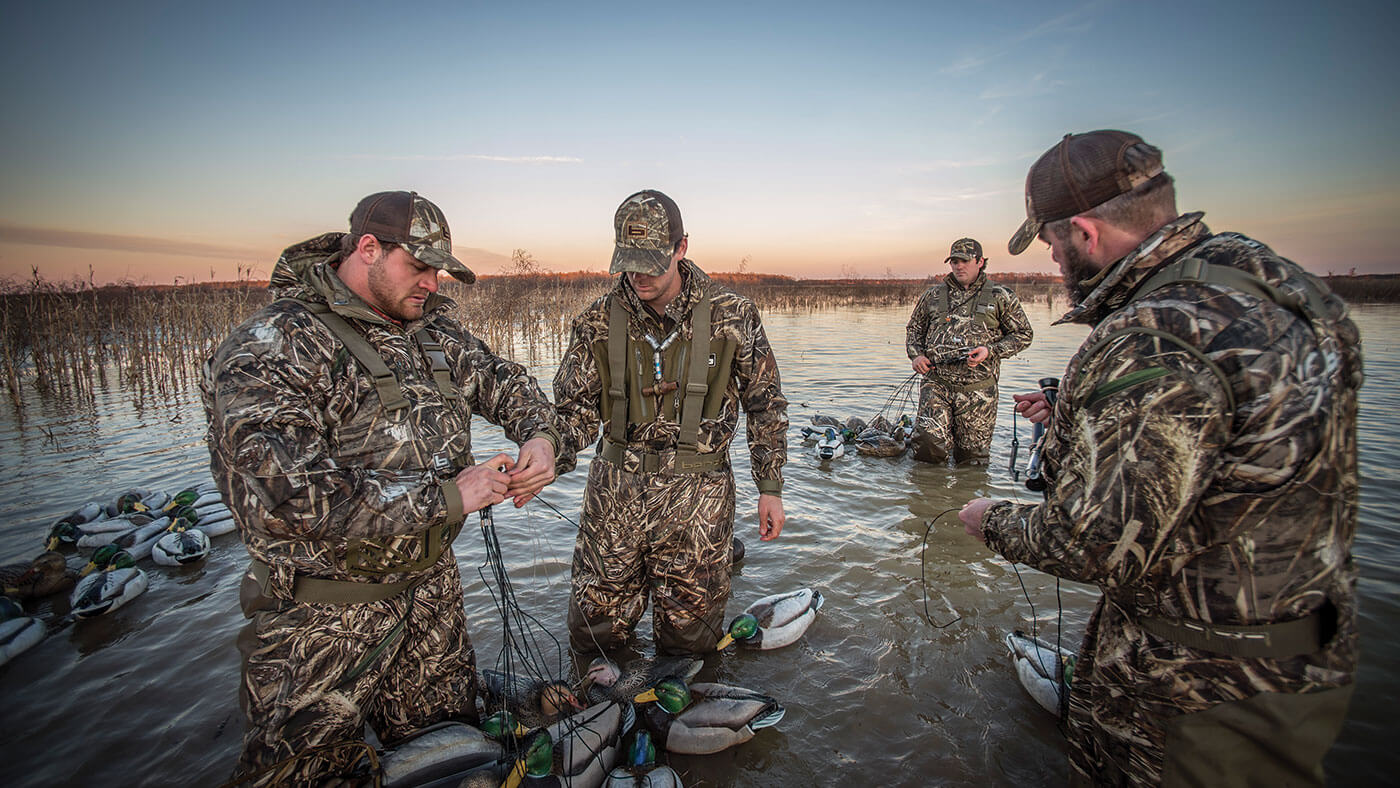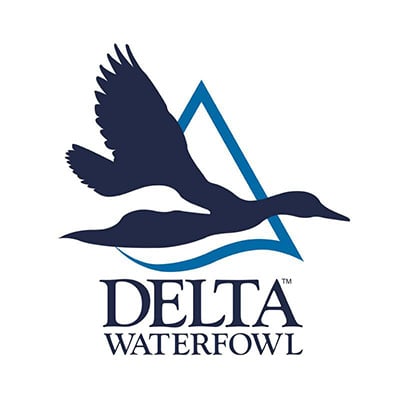- Savage Blog
- Hunting is Conservation - Let's Keep it That Way
Hunting is Conservation - Let's Keep it That Way

Delta Waterfowl’s University Hunting Program teaches wildlife students about hunters’ critical contributions and how hunting is conservation.
When I was an undergraduate student at Clemson University majoring in wildlife and fisheries biology, the majority of my classmates naturally grew up hunting, fishing and spending time in the outdoors.
We would routinely skip class to hunt (sorry, Mom), and I assumed that was the norm for people in similar situations as us. After graduation, friends in my graduating class went on to work in state fish and wildlife agencies, federal agencies, conservation non-profits and other places where, in just a few short years, we would be in leadership roles making decisions that directly impact hunters and conservation on a large scale.
However, it was a few short years into my professional career that I started realizing more and more that my experience, and that of the majority of my classmates, might have been unique. Today, more and more students are graduating with degrees in wildlife, fisheries, natural resources and other key areas with little to no experience, or even a basic understanding, of hunting and the critical role it plays in wildlife management and conservation funding in the country.
Luckily, Delta Waterfowl has developed our University Hunting Program in response to this brewing crisis: Increasingly, wildlife management students do not come from hunting backgrounds.

According to the Conservation Leaders for Tomorrow, “Today, more than half of the students graduating with wildlife and natural resources degrees … have never hunted and know little about it or the reasons why people hunt.”
Anecdotally, many professors participating in Delta’s UHP take this sentiment even farther, estimating that as many as 70 percent of wildlife students — who’ll one day determine how the dollars generated by license fees, Pittman-Robertson funds, Duck Stamps and other self-imposed hunting fees are spent — have little to no knowledge of our beloved hunting culture. That is a dramatic shift from previous generations, when practically every aspiring biologist owned a rifle and fishing rod.
“We believe the trend is a serious problem, especially because we’ve already seen what can occur when wildlife leaders lack an understanding of hunting’s role in managing North American wildlife,” said Joel Brice, chief conservation officer for Delta Waterfowl. “For instance, in recent years many state, provincial and federal agencies have shifted their emphasis from game animals to ‘at-risk’ species — a policy change with tangible consequences for wildlife and hunters. Delta’s University Hunting Program is among the solutions.”
Here’s how UHP works: Students at participating universities receive hunting instruction as part of their regular wildlife coursework. Program components include a hunter-safety course, a range day, an actual waterfowl hunt, and a post-hunt waterfowl dinner. Ultimately, UHP helps ensure that future wildlife managers recognize hunting as a critical conservation tool, in many cases become hunters themselves, and support the hunting tradition now and in the future.
Launched in 2017 at five partner universities, Delta’s eventual goal is to deliver the University Hunting Program at all North American universities with wildlife management curriculums, including 494 priority institutions. Interest from professors is fueling rapid growth — during the 2019-2020 season, 24 universities participated; the number jumped to 39 schools for 2020-2021; and this season a whopping 72 higher-education institutions signed on to offer UHP.
UHP is being delivered in regions with rich waterfowling cultures and at big name schools, including the University of Wisconsin-Stevens Point, Auburn, Colorado State, UConn, Yale, Florida, LSU, Mississippi State, Nebraska, Cornell, North Carolina, Penn State, Ohio State, Clemson, Tennessee, Texas A&M, Texas Tech, Utah State and the University of Manitoba.

The experience has been palpable for nearly all attendees.
“I definitely felt a rush of adrenaline,” said Selah Phillips, now a wildlife graduate of Millersville University in Pennsylvania, of her experience. “I always wanted to try hunting, because I like the idea of harvesting my own food.”
Her classmate, Phuong Le — who’d never held a firearm prior to participating in Delta’s University Hunting Program — agreed.
“In class we’re learning about the North American Model of Wildlife Conservation, so I wanted to learn about hunting and hunters,” Le said. “It was interesting to hunt a pond. I thought all hunting took place in the forest.”
Their professor, Dr. Aaron Haines, appreciated those sentiments.
“(Delta’s University Hunting Program) is exactly what I’ve been looking for, because today most wildlife students don’t come from rural backgrounds,” said the associate professor of conservation biology. “Part of my job has become teaching students about hunting and fishing. How does a hunter think? How does an angler think? Teaching students about different perspectives helps them become better communicators. It leads to bipartisan conservation. And what better way to take students hunting who may have hesitation than through Delta’s program?”

That, indeed, is the purpose of Delta’s University Hunting Program: ensuring wildlife students — future conservation leaders and decision-makers — are equipped with the knowledge of hunting’s role in conservation, have an opportunity to become hunters themselves, and will in turn make informed decisions to benefit wildlife, hunters and the general public.
Written by Cyrus Baird of Richmond, Virginia. Baird is an avid hunter and senior director of government affairs for Delta Waterfowl.


